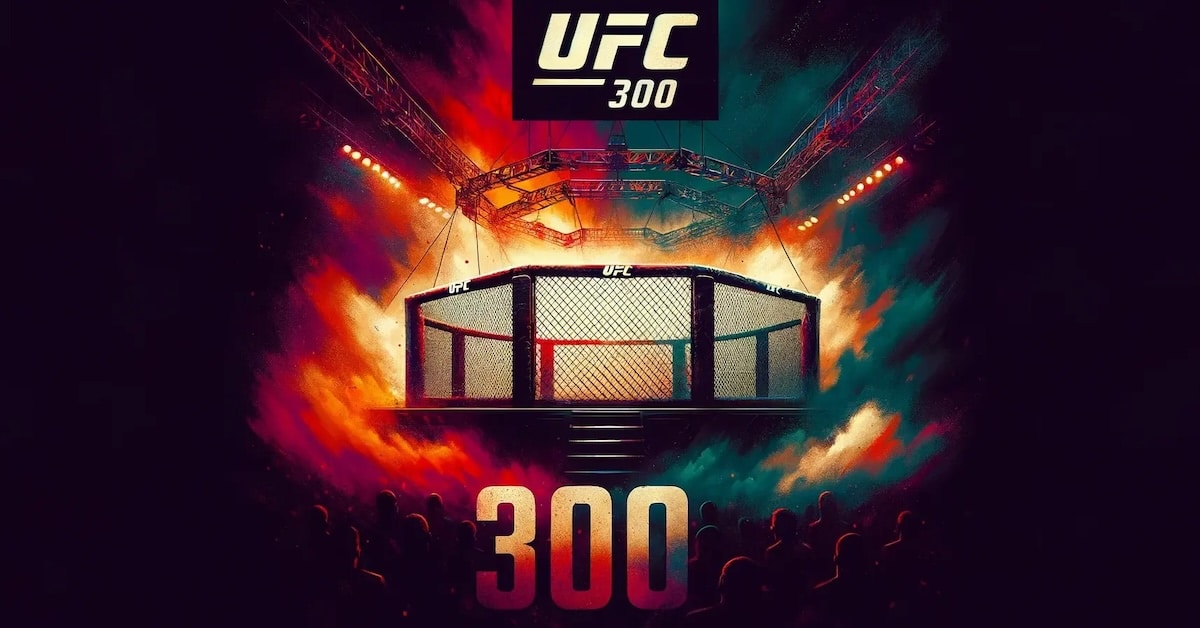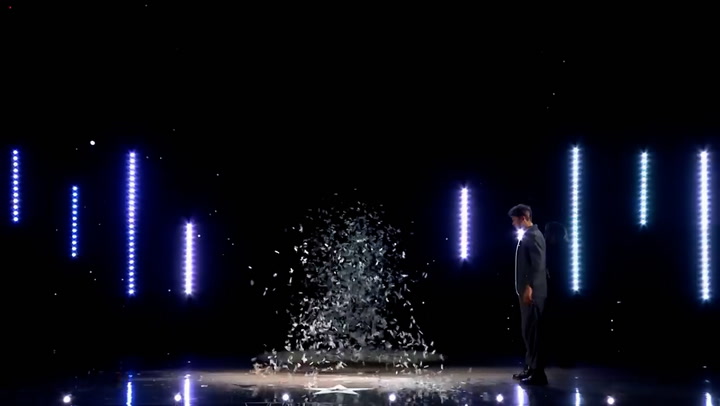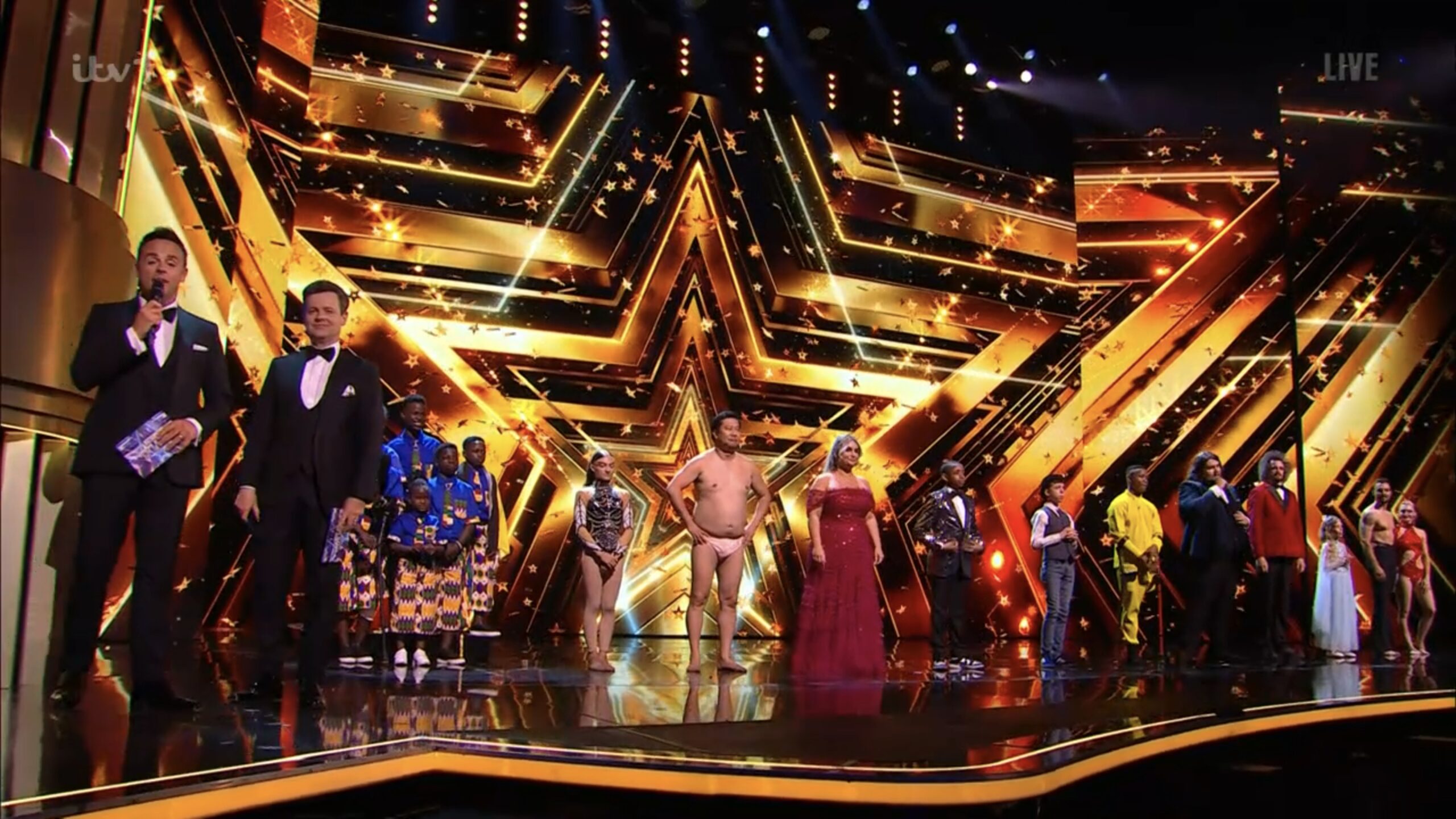Future Of Microsoft-Activision Deal Uncertain After FTC Appeal

The FTC's Appeal and its Arguments
The FTC's appeal against the Microsoft-Activision Blizzard deal stems from concerns about potential anti-competitive effects. The commission argues that allowing Microsoft to acquire Activision Blizzard would significantly reduce competition in the gaming market, creating a monopoly and harming consumers.
-
Stifling Competition: The FTC's central argument revolves around Call of Duty. They contend that making Call of Duty exclusive to Xbox consoles or its subscription service, Xbox Game Pass, would harm competitors like PlayStation and Nintendo, ultimately limiting consumer choice and potentially driving up prices.
-
Impact on Subscription Services: The FTC also worries about the impact on the burgeoning gaming subscription market. They believe Microsoft could leverage its control over Activision Blizzard's titles to make its own subscription service, Xbox Game Pass, far more attractive, potentially forcing competitors out of business or significantly weakening their market positions.
-
Challenged Clauses: While the FTC hasn't specified every single challenged clause, the overarching concern is the potential for Microsoft to use its market power to manipulate pricing and availability of key gaming titles, particularly Call of Duty, across competing platforms. The FTC lawsuit focuses on the overarching anti-competitive nature of the deal, not necessarily specific contract terms.
Microsoft's Defense and Counterarguments
Microsoft has vehemently defended the acquisition, arguing that it will benefit gamers and the industry as a whole. Their counterarguments center around preserving competition and expanding access to games.
-
Call of Duty's Continued Availability: Microsoft has repeatedly pledged to keep Call of Duty available on PlayStation and other platforms, even going so far as to sign legally binding agreements to guarantee its presence on competitor consoles for a significant period.
-
Benefits for Gamers: Microsoft argues that the merger will lead to greater innovation, more game development resources, and potentially lower prices for some titles. They highlight the potential for expanded game development opportunities and access to a wider range of games through Xbox Game Pass.
-
Refuting FTC Claims: Microsoft is providing substantial evidence to refute the FTC's claims, including data on the gaming market's competitiveness and detailed plans for maintaining Call of Duty's multi-platform availability. They aim to demonstrate that the deal will not result in a monopoly or harm consumers.
The UK's CMA Decision and its Global Impact
The UK's Competition and Markets Authority (CMA) initially blocked the Microsoft-Activision deal, citing concerns about its potential impact on competition. This decision has had significant ripple effects globally.
-
CMA's Block and Microsoft's Appeal: The CMA's initial decision was a major setback for Microsoft. However, Microsoft appealed the decision, highlighting their commitment to ensuring Call of Duty remains available on PlayStation and other platforms. This appeal process is currently underway.
-
Influence on Other Regulatory Bodies: The CMA's decision created uncertainty and influenced the considerations of other regulatory bodies in the EU and beyond. Many jurisdictions are now carefully scrutinizing the deal's potential impact on their local markets.
-
Global Regulatory Variations: The varying approaches of different regulatory authorities highlight the complexity of the global regulatory landscape surrounding mergers and acquisitions in the tech industry. The different outcomes in different regions showcase the challenges of regulating a global market effectively.
Potential Outcomes and Their Implications
The FTC's appeal has several potential outcomes, each carrying significant implications for the gaming industry.
-
Scenario 1: FTC Wins: If the FTC wins the appeal, the deal would be blocked. This would be a major blow to Microsoft and Activision Blizzard, potentially impacting stock prices and future acquisition strategies. It would also solidify a precedent for stricter regulatory oversight of large mergers in the gaming sector.
-
Scenario 2: Microsoft Wins: If Microsoft wins the appeal, the deal would proceed. This would result in significant market consolidation, strengthening Microsoft's position in the gaming industry. The long-term impact on competition and game pricing would remain a subject of ongoing debate and scrutiny.
-
Scenario 3: Negotiated Settlement: A negotiated settlement is also possible, where Microsoft might make concessions to address the FTC's concerns. This could involve commitments to maintain Call of Duty's multi-platform availability for an extended period or other remedies designed to mitigate anti-competitive risks.
Conclusion
The future of the Microsoft-Activision deal remains highly uncertain following the FTC's appeal. The outcome will significantly impact the gaming industry's competitive landscape, the pricing of games, and the availability of titles across different platforms. The FTC’s concerns about anti-competitive practices are substantial, yet Microsoft's counterarguments and global regulatory responses add significant complexity to the situation.
Call to Action: Stay tuned for updates on the Microsoft-Activision deal as this legal battle unfolds. Follow our coverage for the latest news and analysis on this crucial development in the gaming world. Understanding the intricacies of this Microsoft-Activision deal is vital for anyone interested in the future of the gaming industry.

 May 2025 Ufc Events Complete Fight Card Schedule With Ufc 315
May 2025 Ufc Events Complete Fight Card Schedule With Ufc 315
 Why Did Teddy Magic Leave Britains Got Talent Simon Cowells Surprise
Why Did Teddy Magic Leave Britains Got Talent Simon Cowells Surprise
 And 2025
And 2025
 Unexpected Interruption Britains Got Talents Live Show Halted
Unexpected Interruption Britains Got Talents Live Show Halted
 Kentucky Derby 2025 A Look At The Current Betting Lines
Kentucky Derby 2025 A Look At The Current Betting Lines
